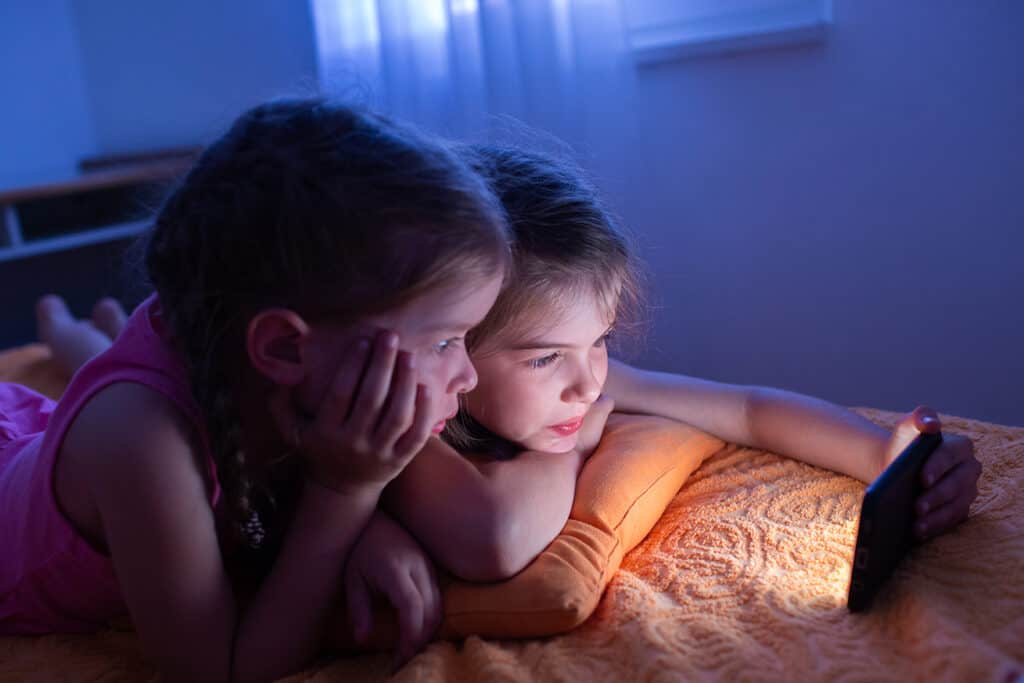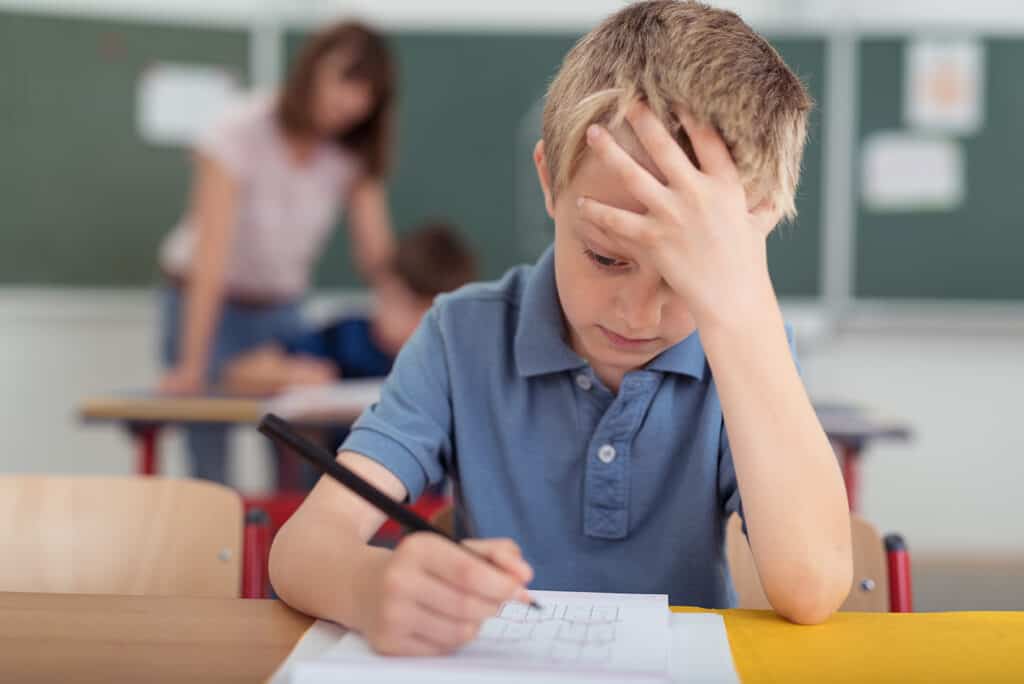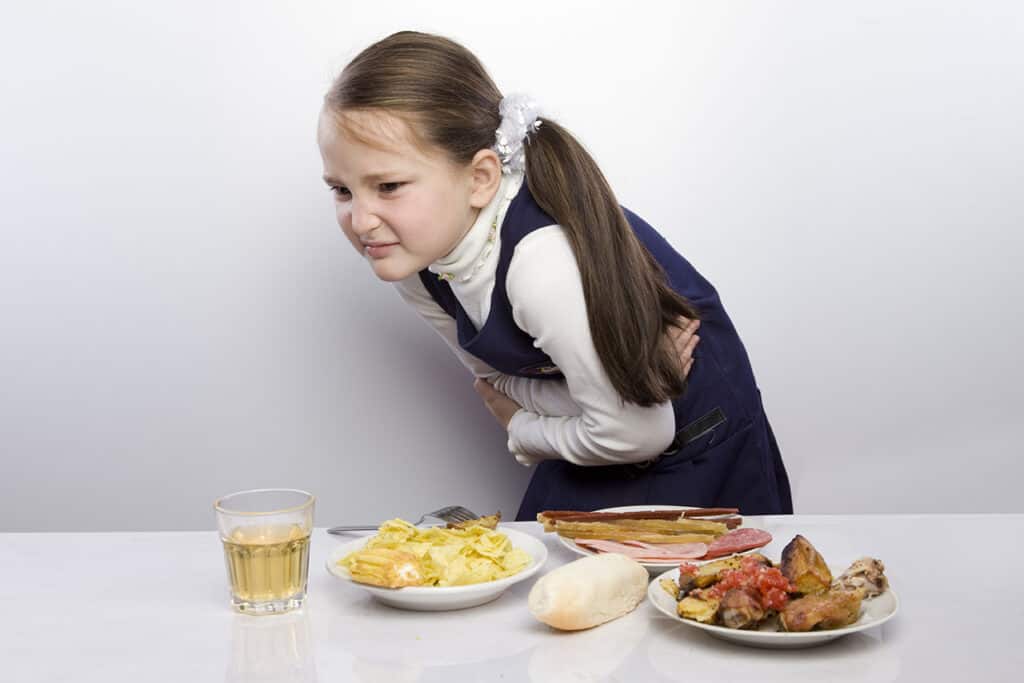Those who have an anxiety disorder frequently feel anxious or fearful. Anxious feelings are related to worry about situations in the future. The reaction to present events is known as fear. Someone with anxiety can experience many physical symptoms like shakiness, dizziness, and an accelerated heart rate. Anxiety presents itself in various disorders, including social anxiety disorder, obsessive-compulsive disorder, agoraphobia, separation anxiety disorder, and selective mutism. Many people end up developing more than one anxiety-related disorder.
With anxiety, genetic and environmental factors contribute to symptoms. Those who have experienced a history of poverty, mental disorders in the family, or child abuse have a higher risk of developing anxiety. Panic attacks and anxiety are difficult to recognize in other people. It’s even harder to diagnose in children, given that their bodies are still growing, so they’re not going to react the same way. If you’re a parent or someone who works closely with children, here are some behaviors and signs you can look out for to determine if a child has a panic attack or not. Keep reading to learn about symptoms of anxiety in kids.

Your child may seem restless at night.
Life is hard when you are young. As children grow older, they’re naturally going to have a few changes in their sleeping patterns, but if there’s a significant drastic change, such as feeling restless and not being able to fall asleep, then you may have a problem on your hands. For a growing child, dealing with insomnia can lead to changes in their mood as well as issues at school. That is because children who have anxiety tend to be overstimulated, so their brains have problems turning off at night. The bright lights from electronics can make it hard to keep calm.

In today’s technologically obsessed world, young children and teens have to deal with a lot more during their school and social lives. Because of social media and texting, the school day’s problems can often be carried over to home life as well. The best you can do is establish a calming bedtime routine that helps ease their minds into a state of relaxation and preparation for sleep. The mind needs time to rewind and relax at the end of the day. Try to keep screen time to a minimum, especially when it is incredibly close to bedtime.

























































































































